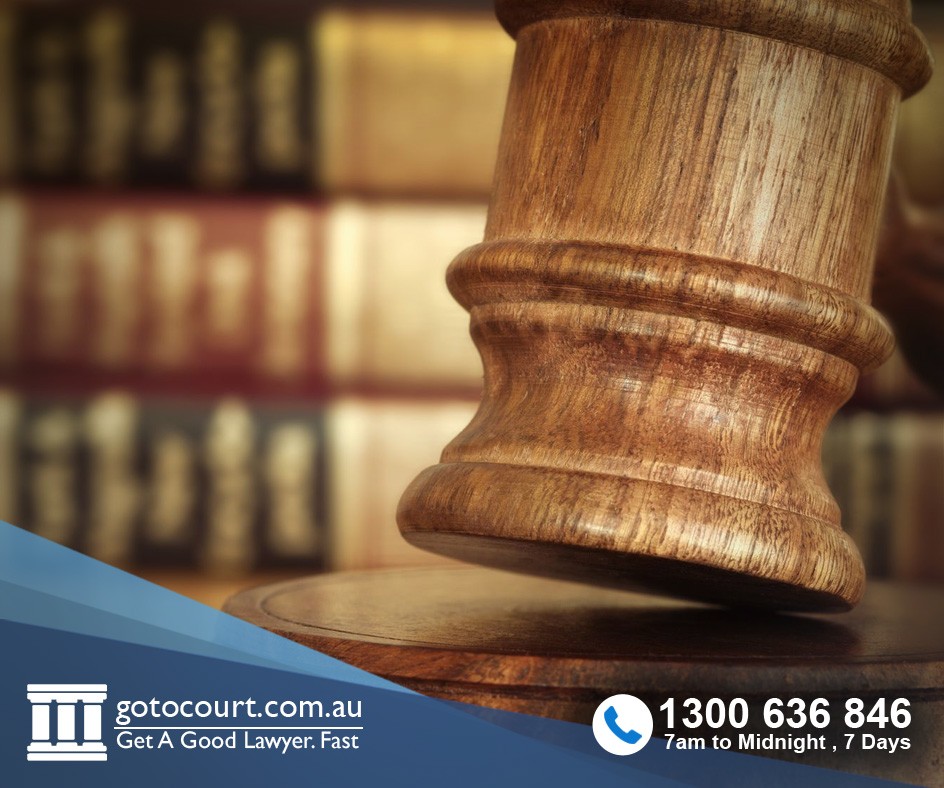Mediation Conferences in Civil Matters (WA)
Mediation is an important and usually a compulsory step when it comes to Civil Litigation proceedings. The purpose of mediation is to see whether a mutually acceptable resolution can be achieved between the parties to avoid the matter proceeding to trial. It is prudent for anyone contemplating civil litigation to understand what mediation conferences are and the benefits of resolving a civil matter through mediation.
Advantages of mediation
One of the key advantages of having a civil matter resolved at mediation is that it saves costs, which are often significant. Not only do parties have to worry about their own legal costs if they are legally represented, there are also court fees for the filing of applications and the issuing of subpoenas and conduct money to be paid if witnesses are required to attend court to give evidence.
Another advantage of Mediation is that it minimises risk and uncertainty. Even when a party is successful at trial, there is always the possibility that the unsuccessful party may appeal the matter to a higher court. Additionally, a successful party who obtains judgment from a court will usually still have to undergo enforcement proceeding. It is not uncommon for the unsuccessful party to have expended a large amount of money defending the matter and as a consequence to have difficulty in paying out the judgment sum. Sometimes these financial difficulties result in bankruptcy or external administration/liquidation of a company which will severely restrict the ability of the successful party to obtain the benefits of the judgment.
Mediation effectively minimises these two risks as parties would normally only agree to settle on terms and with conditions that they can afford.
Disadvantages of mediation
It is possible that a successful party may be awarded less damages or costs at mediation than if the matter was determined at trial. However, given the risks involved in litigation, this is a minor concern. Mediation can occasionally be abused by a party as a way of delaying the Civil Litigation process when they have no intention to settle the matter. However, these occurrences are rare in practice.
How does a matter get listed for Mediation Conference?
Every tribunal, commission and court that exercises state or federal jurisdiction in civil proceedings has slight variations in how mediations are ordered and listed. The procedures in Western Australian Magistrates Court and in the District Court and Supreme Court of Western Australia are outlined below.
Mediations in a Magistrate Court proceeding are called Pre-Trial Conferences and they occur after the parties have filed and served a Statement of Claim and Statement of Defence. The Claimant in the matter is obligated to list the matter for a Pre-Trial Conference once it has been served with a Statement of Defence. The Claimant is also responsible for paying any fee associated with listing the matter for a Pre-Trial Conference. The amount payable depending on how much the original claim was.
Mediations in the District and Supreme Court are called Mediation Conferences and are not compulsory. In practice however, one is usually ordered at the First Status Conference or Directions Hearing. Mediation is usually ordered as part of the Court’s programming orders, unless there are exceptional reasons as to why the matter should not go to Mediation.
As part of the process in the District Court of Western Australia, parties are required to attend Pre-Trial Conferences, which occur after the Discovery stage of proceedings. These Pre-Trial Conferences function very much like Mediation Conferences, and if a Mediation Conference has been conducted they can be used as a substitute for the Pre-Trial Conference taking place.
There are no requirements for matters to go to a Pre-Trial Conference in the Supreme Court of Western Australia.
Preparing for mediation conferences
Mediation proceeds differently in different cases.
Parties are generally expected to propose a settlement offer to resolve the matter and the Registrars appointed to arbitrate the mediation session sometimes order that the parties are to particularise their claim with supporting documents, particularly when monetary damages are sought.
In the District Court and Supreme Court of Western Australia, the legal representatives of the respective parties are ordered to provide a costs memorandum detailing how much they have incurred and will incur in costs.
Each mediation conference is different in structure and in length as it up to the Registrar’s discretion as to how they wish to conduct it. Some mediation conferences may take only a few hours, whilst others can take a whole day. Occasionally, the Registrar may order that the parties come back to a second Mediation Conference if the Registrar believes this would be constructive.
Further advice
GTC Lawyers has a team of highly skilled lawyers who are experienced in advising and supporting their clients at Mediation. A solicitor will carefully review the merits of your case and provide sound advice to maximise the chance of your dispute being resolved on favourable terms at mediation.
For more information on the mediation process or on any other legal matter please contact GTC Lawyers.








